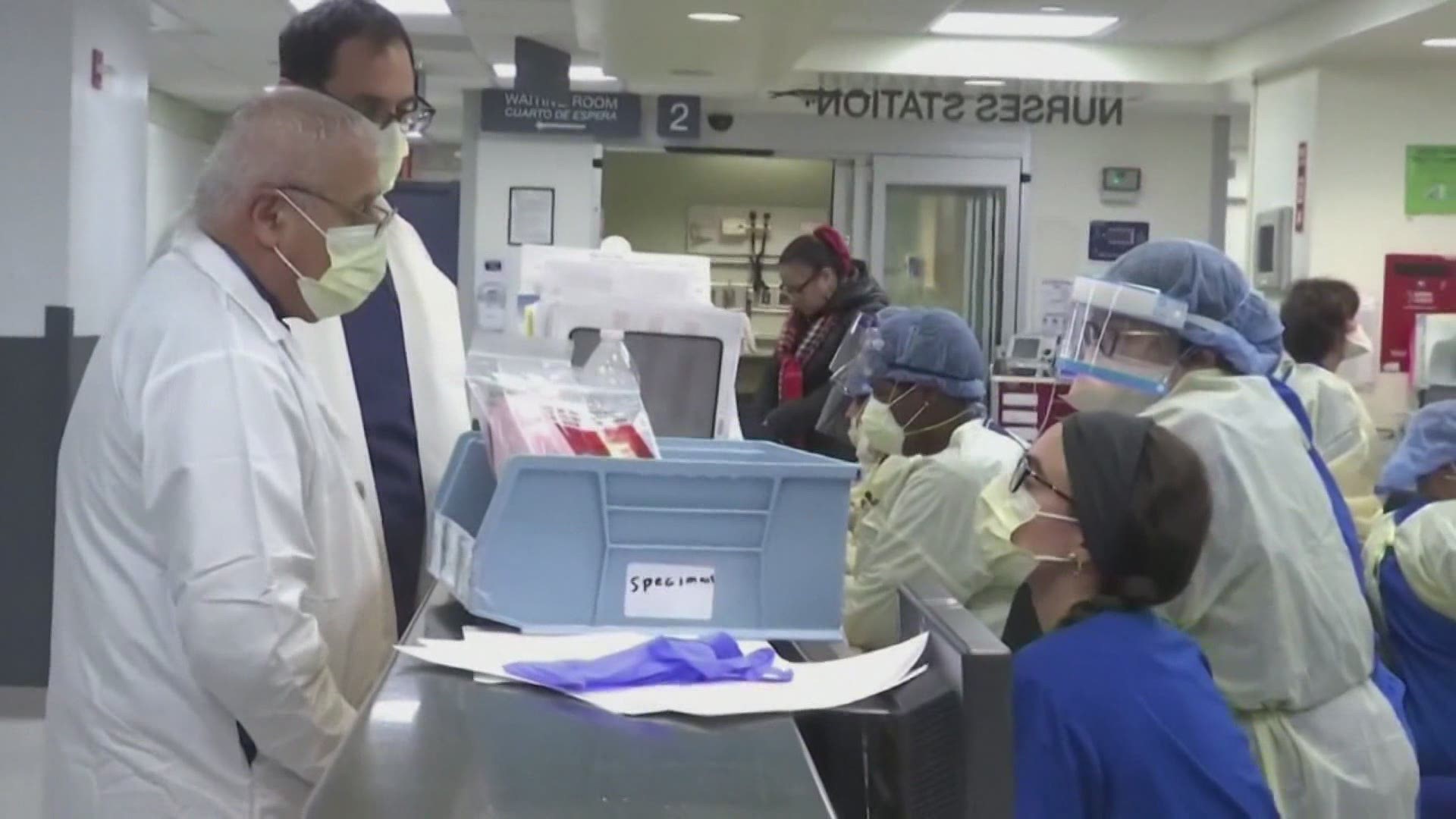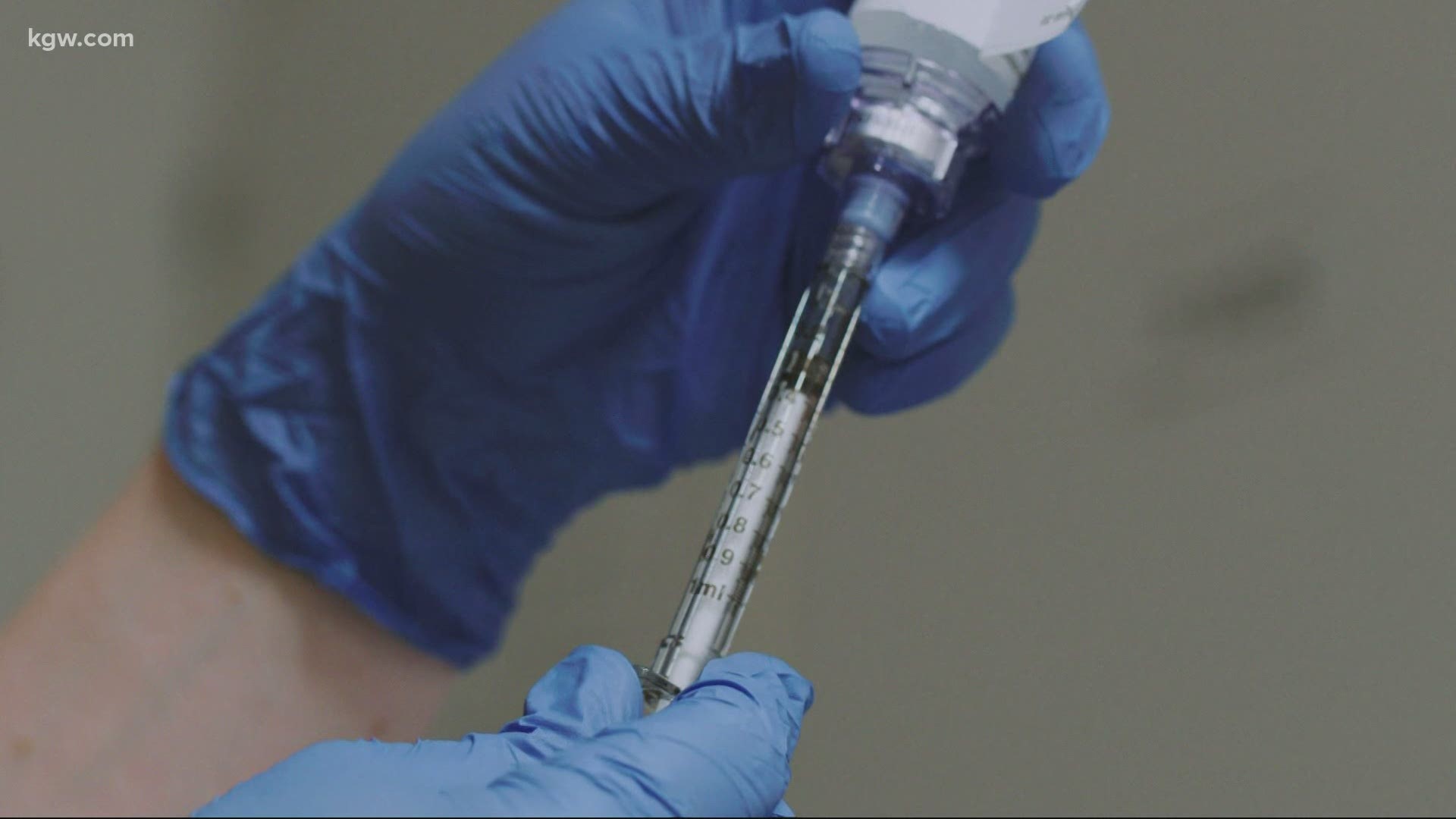LANSING, Mich — Wednesday, Michigan Department of Health and Human Services (MDHHS) Director Robert Gordon issued an Emergency Order, under MCL 333.2253, that updates and further expands requirements for residential care facilities.
The emergency order also permits indoor visitation in residential care facilities in certain circumstances.
“As we grapple with both colder weather and rising cases, our task is to increase access to visitation in ways that do not increase the spread of the virus,” Gordon said in a press release. “Visitation is a substantial source of risk. This order provides a plan for visitation that mitigates risk and continues necessary protections in facilities across the state.”
The residential care order continues to limit communal dining and internal and external group activities consistent and it requires quick notification in the event an employee or resident is confirmed as positive for COVID-19.
Under the order, visitation rules are linked to the risk level of the county. A list of county risk levels is available on the MI Safe Start Map.
Indoor visitation is now allowed in areas where the current risk level is A, B, C, or D, so long as the facilities have had no new cases, including those involving residents or staff, originating within the prior 14 days. Indoor visitation is not allowed when the county is at risk level E, which means there is an elevated incidence growth rate with average daily cases/million greater than 150 or a positivity rate greater than 20%. It is also not allowed if the local health department has made a determination that it would be unsafe. Outdoor visitation is allowed throughout the state so long as the facility assures that the outdoor visitation area allows for at least six feet between all persons and adequate protection from weather elements is provided.
Based on county risk levels and the type of visit, some visitors will be required to receive COVID-19 testing prior to entry. Most nursing homes now are able to conduct point-of-care testing with a rapid turnaround.
Visitors will be required to wear facemasks (or other PPE when required by the facility) at all times. In general, visitors will need to maintain six feet from residents. However, visitors who are providing support for Activities of Daily Living (ADLs), medical services or non-medical services requiring physical contact are not expected to abide by social distance requirements between the visitor and the resident while providing services. Visitors participating in visits at the end of life may have physical contact with a resident if that resident is not COVID-19 positive, the visitors are wearing appropriate PPE and the time spent within six feet of the resident is no longer than 15 minutes.
“This is a delicate balance of trying to prevent the further spread of the virus while still allowing for family members and friends to visit their loved ones in residential care facilities,” said Dr. Joneigh Khaldun, chief medical executive and chief deputy for health at MDHHS. “I remain concerned about the increase in case levels across the state, so it will be vitally important that the order be followed closely in order to keep the facilities safe and prevent the spread of the virus.”
Visits will be allowed by appointment only and facilities may impose reasonable time limits on visits, with requirements that visitors log arrival and departure times, provide their contact information and attest, in writing, that they will notify the facility if they develop symptoms consistent with COVID-19 within 14 days after visiting. The number of visitors per scheduled visit will be limited to two persons or fewer and will exclude visitors who are unwilling or unable to wear a face covering. A health evaluation of all visitors will be required to enter the facility, including tests for fever, and facilities must restrict anyone with fever, symptoms or known exposure from entering the facility.
Consistent with MCL 333.2261, violation of this order is punishable by a civil fine of up to $1,000, and may also be treated as a misdemeanor punishable by imprisonment for not more than six months, or a fine of not more than $200, or both. This order is effective Oct. 26, 2020 and remains in effect until lifted.
RELATED VIDEO:
►Make it easy to keep up to date with more stories like this. Download the 13 ON YOUR SIDE app now.
Have a news tip? Email news@13onyourside.com, visit our Facebook page or Twitter. Subscribe to our YouTube channel.


